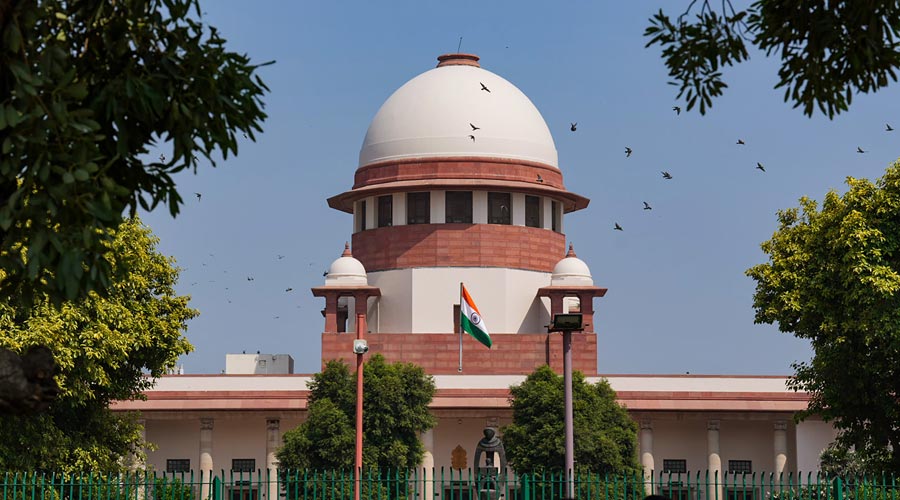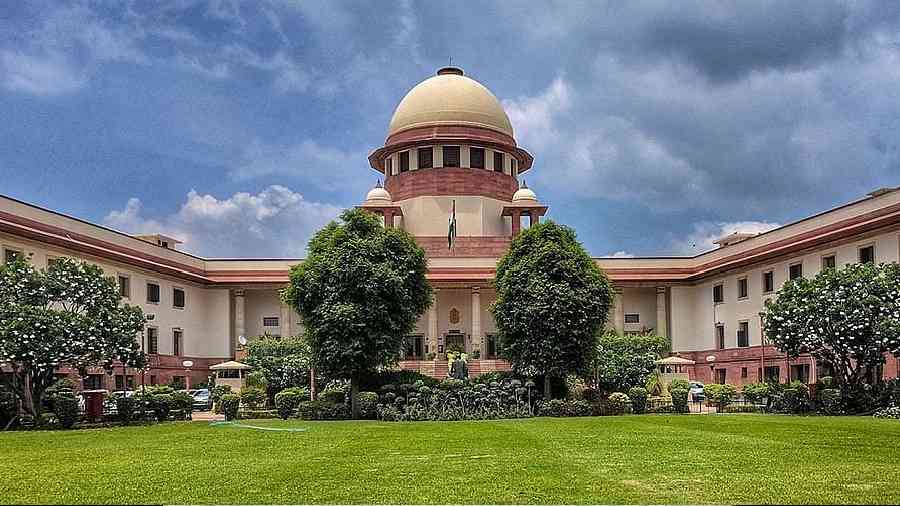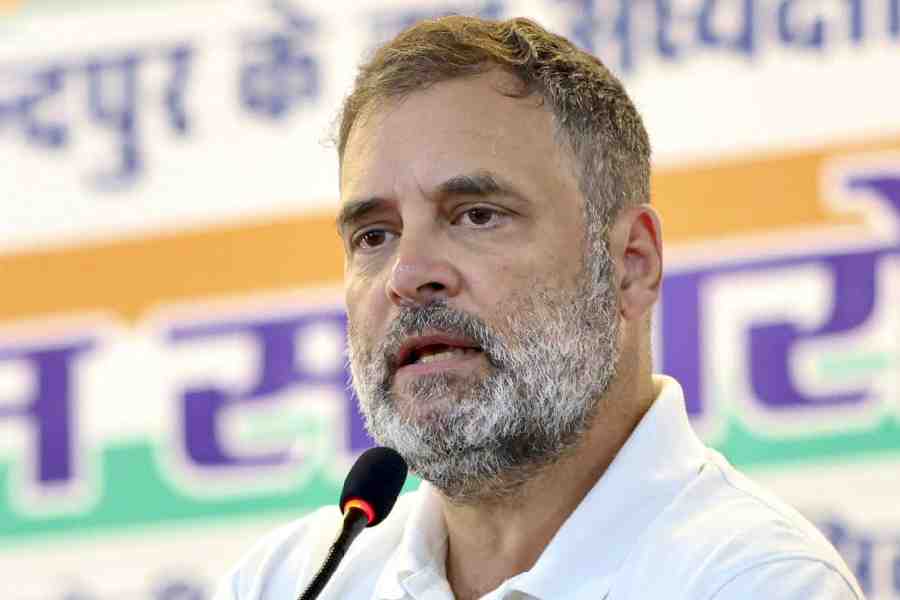The Supreme Court on Wednesday termed the State “impotent” for failing to rein in hate speeches across the country and made it clear that the toxicity could be ended only when politics and religion are segregated from the national discourse.
“Every day, fringe elements are making speeches to vilify others, including on TV and at public forums. The problem arises when politicians are mixing politics with religion. The moment politics and religion are segregated, this will come to an end. When politicians stop using religion, all these things will come to a stop,” a bench of Justices K.M. Joseph and B.V. Nagarathna observed while refusing to discharge the Maharashtra government in a contempt petition.
The bench made no mention of any incumbent public figure but referred to Jawaharlal Nehru and Atal Bihari Vajpayee. “We need to look where we, as a country, are going. There were orators like Jawaharlal Nehru and Atal Bihari Vajpayee, the midnight speech. People from remote areas and every nook and corner used to go to hear these leaders. Now, fringe elements from all sides are making statements and we are now asked to take contempt action against these people,” Justice Nagarathna said.
Without mentioning any group, the bench also flagged a phrase weaponised by the Sangh parivar ecosystem. “Statements are made like ‘Go to Pakistan’. People of other communities chose this country. They are like your brothers and sisters. We are trying to say that ‘don’t go to that level’,” Justice Joseph said.
“We remember our school oath which says ‘all Indians are my brothers and sisters’. We are from the old school of thought. I will be retiring in another two months. I am now 65 years old. These things should not be allowed to go to that level,” Justice Joseph added.
Advocate Vishnu Shankar Jain, appearing for the Sakal Hindu Samaj, responded: “We will never allow the country to go to that level as long as my client is a majority in this country.”
The apex court was hearing a contempt petition against authorities in various states, including Maharashtra, for failing to register FIRs against those making hate speeches. The Samaj was one of the organisations against which the petitioner had levelled allegations of hate speeches.
“We are following the Constitution and our orders in every case are based on the structure of rule of law. We are hearing the contempt petition because states are not taking action in time. This is because the State has become impotent and powerless and does not act in time. Why should we have a State at all if it is silent?” Justice Joseph, heading the bench, asked additional solicitor-general S.V. Raju.
Raju had asked the court to purge the State of Maharashtra of contempt on the ground that more than 14 FIRs had already been registered and investigations were underway.
The bench’s remarks prompted solicitor-general Tushar Mehta, appearing for the Centre, to say: “I can’t say about any state but the Centre is not (impotent). We have banned the PFI (the Popular Front of India). There is an instance of hate speech in Kerala. The state should also be issued notice.”
The court said: “Hate speeches are like a vicious circle. One person will make it and then another person will make it. Now there are cracks coming up in the idea of fraternity. There has to be some restraint. Some sort of mechanism has to be developed by the State so that we can curb these kinds of statements,” Justice Nagarathana observed.
The proceedings saw a sharp exchange between Justice Joseph and solicitor-general Mehta who dared the court to take action against certain hatemongers who had asked Hindus and Christians to prepare for their final rites.
Mehta wondered why the court was not willing to take suo motu cognisance of such issues and why the petitioner selectively picked up the hate speeches of one community reported in certain newspapers. The contempt petition against the Maharashtra government was filed by a Kerala-based activist, Shaheen Abdullah.
Mehta repeatedly urged the bench to view the video clipping of a hate speech delivered in Kerala by a Muslim. The solicitor-general also referred to a statement made by the national spokesperson of the ruling DMK in Tamil Nadu “to butcher Brahmins”.
When Justice Joseph refrained from entertaining the plea, Mehta said in a high-pitched tone: “Please don’t do this. This will have wider ramifications. Why are we shying away from looking at the clip? Why can’t the court allow us to play the video clip of the speeches? This is very embarrassing and shocking. It should shock the conscience of this court.
“Why can’t the State of Kerala be issued notice and made a party to the petitioner? Let us not be selective. I am only trying to show the clip which is in the public domain. This court could have taken suo motu cognisance of the speech.”
Justice Joseph responded: “Let us not make this a drama. This is a legal proceeding. There is a method to see the video clip. We have declined to accept the pleas of others also unless it is part of the application. This applies to all equally. If you want, you can include it in your submissions.”
Justice Joseph asked the Centre and the Maharashtra government to file their submissions in four weeks and posted the matter for further hearing on April 28.
During the hearing, advocate Nizam Pasha, appearing for the PIL petitioner Abdullah, said it does not behove well of the solicitor-general to say that the petitioner was selective in his criticism of hatemongers.
Justice Joseph said nobody had the authority to break the law of the land.
“If you break the rule of law of the land, it will befall on you like a tumble of bricks. If you really want development of the country and want it to become a superpower, then we have to respect the rule of law and then only we can make it a better place to live in,” Justice Joseph said.
He allowed the Sakal Hindu Samaj’s intervention petition after the organisation questioned the propriety in proceeding without hearing its views.
Justice Joseph said: “Tolerance is not putting up with somebody but accepting the differences.”
Justice Nagarathna wondered whether the court can proceed with the contempt proceedings as the top court would be flooded with such petitions whenever such speeches are made. He said that ideally, the petitioner ought to approach the magistrate concerned for the registration of an FIR against such hatemongers.












